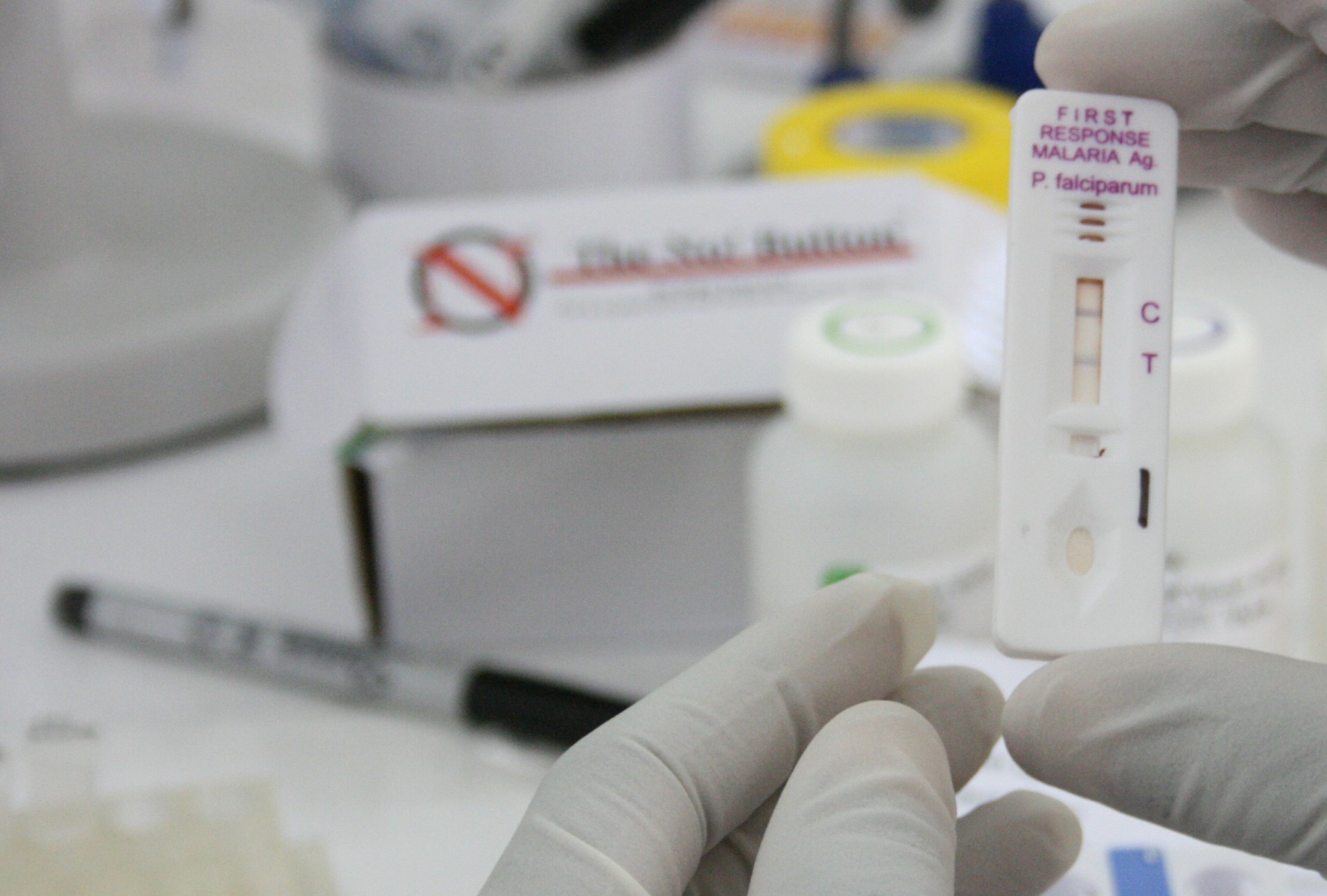
This session will provide an overview of the human and mosquito part of the malaria transmission cycle, with focus on differences between P.falciparum malaria and P. vivax malaria.
Learning Objectives
- To understand key features of human and mosquito transmission cycle.
- To gain knowledge about the key differences between P. falciparum malaria and P. vivax.
This session will explore how to define and measure transmission, how to identify transmission ‘hot spots’ and how to determine who in a given population is transmitting (and when) in different epidemiological settings and for P. falciparum malaria and P.vivax malaria.
Learning Objectives
- To review classical methods for measuring transmission and their limitation in an elimination setting.
- To explore novel approaches and their application to different epidemiological scenario.
- To determine gaps in our knowledge of (local) transmission.
- To discuss what kind of tools are lacking in our ‘toolbox’ (if any?) to provide both our understanding of (local) transmission and to improve monitoring and surveillance in a programmatic scenario.
This session will present an overview of population genetic concepts that are informative with respect to malaria disease transmission. Population genetic data collection and analysis will be discussed, with attention to present and future tools for collecting population genetic data from clinical malaria samples.
Learning Objectives
- To gain an understanding of genetic drift, genomic diversity metrics, and linkage disequilibrium.
- To understand how these genomic features are affected by malaria transmission rate.
- To learn how these genomic features may be practically measured from field samples.
This session will provide a brief overview of the last 30 years of bed nets for malaria control – from first large scale trials, to demonstration of community effect, and policy adoption. Progress towards meeting global and national targets will will also be discussed as well as challenges facing nets including insecticide resistance.
Learning Objectives
- To gain an understanding of the evidence that led to the current recommendations on universal bed net coverage in malaria endemic regions of Africa.
- To gain an awareness of the challenges in sustaining this policy.
This session will review approaches taken to modeling transmission stages and within-host dynamics. It will also explore the impacts of biological uncertainties on the predictive power of models.
Learning Objectives
- Understand the limitations of models in a changing environment.
- Identify the key areas where biological uncertainties hinder our ability to predict the outcomes of control programs.
This session will introduce an analytic framework for a set of principles needed to develop a new generation of drugs targeting the human reservoir of infection with the goal of eliminating malaria.
Learning Objectives
- Discuss a new paradigm of treating asymptomatic individuals with the goal of eradicating parasites vs. treating symptomatic individuals with the goal of saving lives and minimizing morbidity.
- Introduce the concept of Single Encounter, Radical Cure and Prophylaxis (SERCaP).
- Understand the role of the 8-aminoquinolones (8-AQ) in the near term for malaria elimination and eradication.
The strategic goals and approaches to development of malaria transmission-blocking vaccines will be discussed in the form of a primer on past, present and future challenges and opportunities.
Learning Objectives
- Review the sporogonic stages of the malaria parasite life cycle as a foundation for the development of a vaccine targeting interruption of malaria parasite transmission from human host to mosquito vector.
- Discuss the biological, technical and regulatory challenges and opportunities of malaria transmission-blocking vaccine development.
- Discuss the approach to a technical roadmap for malaria transmission-blocking vaccines.
Environmental interventions played a major role in malaria control efforts in the past, but are not at center state for current efforts. This session will review some historical cases, and then discuss the challenges, feasibility, and likely sustainability of these interventions for achieving malaria eradication at present.
Learning Objectives
- To briefly review the types of environmental interventions for malaria control.
- To offer a historical perspective of the impact that environmental interventions has on malaria control.
- To discuss the feasibility of environmental interventions as one strategy for current efforts of malaria eradication.

This session will provide a summary description of hotspots of malaria transmission. We will discuss different methods of active case detection and how these efforts work to reduce transmission. Finally we will review the gaps in knowledge and ways to both implement and improve active case detection for malaria control and elimination.
Learning Objectives
- To understand the epidemiology of asymptomatic carriage in different transmission settings.
- To understand the different types of active case detection that can be used in malaria control and elimination.
This session will provide an overview of important topics in the economics of malaria control from the perspective of Zambia, a country waging a successful fight to bring down malaria’s exacting burden and generate more productive work force. Costs associated with national scale malaria control programs, including cost-effective interventions, and dealing with control programs in multi-partner, multi-donor environment will be highlighted, with an emphasis on leveraging the private sector. Developing (and costing) next in line interventions beyond vector control and case management will also be discussed.
Learning Objectives
- To gain an understanding of how investing in malaria control can make economic sense.
- To better understand how setting priorities for interventions is determined by their economics.
- To understand how progress in malaria control despite the costs, and managing for success malaria control is good for business.







